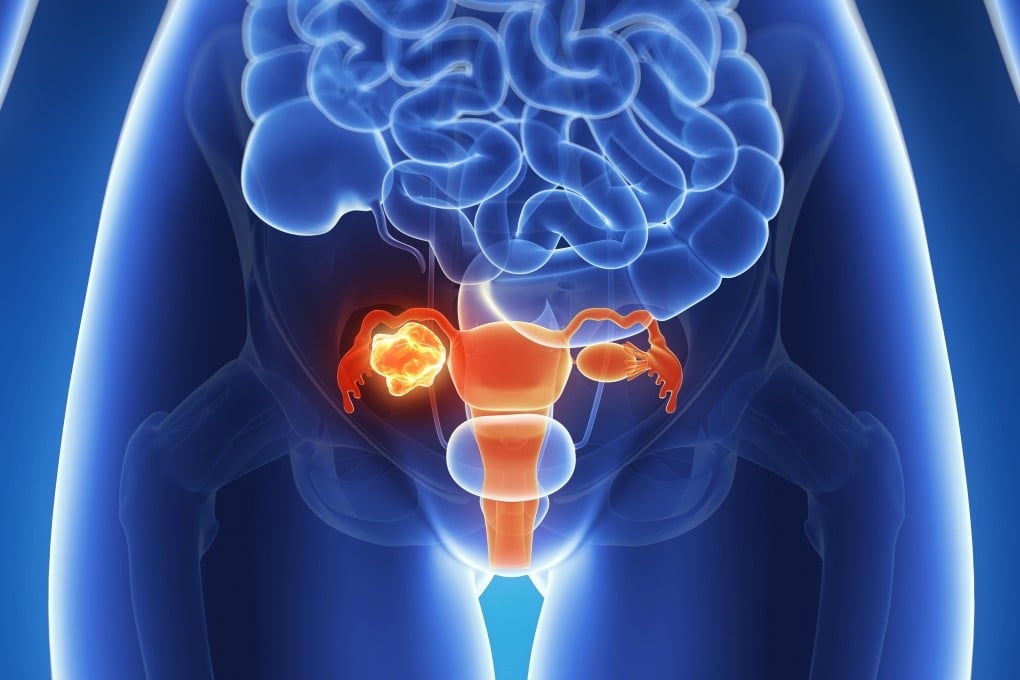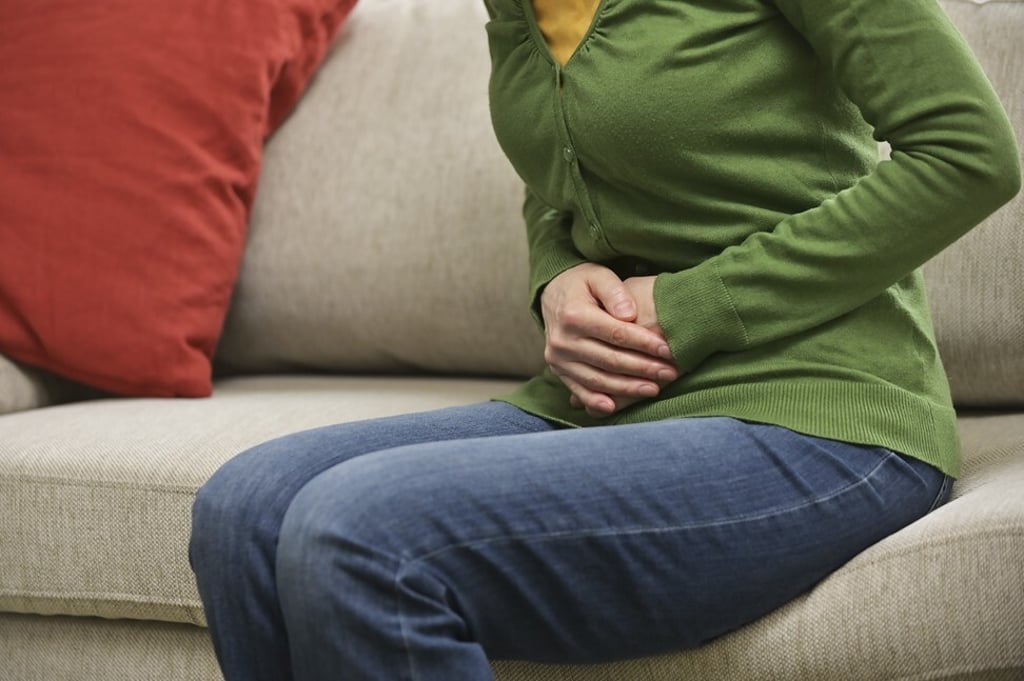Advertisement
Ovarian cancer diagnosis forced endometriosis sufferer to change her life – less work, better diet, more exercise
- Feeling burned out from work and a poor diet, Po Lee was diagnosed with ovarian cancer after an ultrasound turned up two cysts
- It’s a ‘silent killer’ – screening is hard, it shows few symptoms; Lee urges women to get annual check-ups, particularly ultrasounds for endometriosis sufferers
Reading Time:4 minutes
Why you can trust SCMP

Work, as it does for many young Hong Kong professionals, once ruled Po Lee’s life – and it took a toll on her physical and mental health. Only after a life-threatening wake-up call did she see the need for some semblance of work-life balance.
“Sometimes, I’d work overnight as I had urgent deadlines,” recalls the 30-something logistics industry professional using a pseudonym. Burned out, feeling suicidal and overwhelmed, Lee decided to seek help in December 2018. “But even though I had counselling … I still felt my mind was not well.”
It wasn’t just her mental health that was poor. The lifestyle she led was not particularly healthy, active or social – she would eat fast food and, when working overnight, she would snack on less-than-nourishing instant noodles.
Advertisement
When Lee was diagnosed with Stage 1C ovarian cancer in April 2019, she knew her priorities had to change.

Advertisement
Lee had endured painful periods since she was young and often needed painkillers. Her doctors suspected she might have endometriosis – a condition in which tissue similar to the lining of the womb starts to grow in other places, such as the ovaries and Fallopian tubes. It is a risk factor for endometrioid carcinoma, the cancer that now affected her.
Advertisement
Select Voice
Select Speed
1.00x